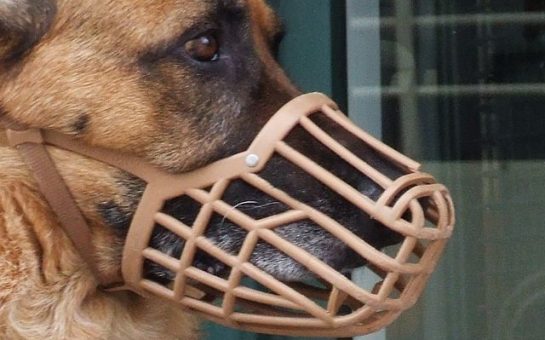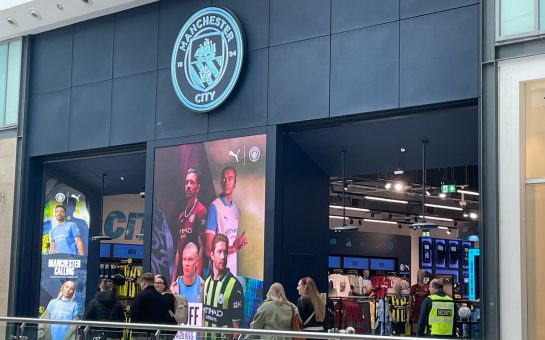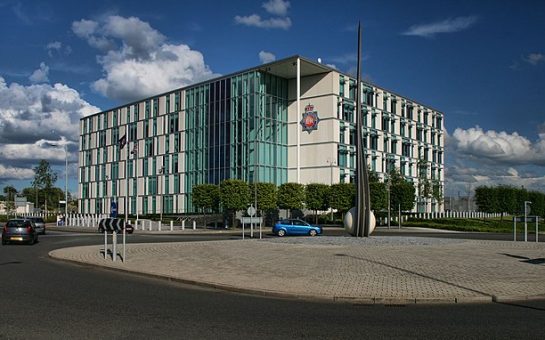The family of a policeman shot dead in a training exercise have said they believe the GMP officers responsible should have faced criminal charges after one was forced to resign.
PC Ian Terry died after he was shot in the chest while playing the part of a criminal during a firearms training exercise on June 9 2008 involving GMP’s Tactical Firearms Unit (TFU) in a disused factory premises on Thorp Road, Newton Heath.
One officer, known by the pseudonym ‘Chris’, who fired the fatal shot, was found guilty of gross misconduct and reprimanded, while the officer who organised the exercise, known as ‘Francis’, was ordered to leave the force at a GMP disciplinary hearing.
But the Terry family have slammed the pair for not having the ‘courage to face the consequences of their actions’ and putting them through ‘six years of unnecessary pain and difficulty’.
A Terry family statement read: “It has taken an unprecedented six years for the officer who killed Ian to face any form of penalty for his actions but after hearing all the evidence, an independent internal discipline tribunal has found that this officer has not only breached several rules of conduct but his actions fell far below what is expected of a police officer.
“We welcome the verdict but feel that this decision, together with the Unlawful Killing verdict reached by a jury at the Coroner’s Inquest in 2010, confirms our opinion that the officer known as Chris should not have been allowed by the CPS to escape facing charges in a criminal trial.”
“The tribunal have considered the circumstances of this case carefully and administered what they believe to be appropriate sanctions.
“But the important result of this hearing is that we finally feel the officers responsible have been shown indisputably that they are undeniably to blame for Ian’s death and we want them to know that we believe if they’d had the courage to face the consequences of their actions in 2008 and take responsibility for their actions, they could have saved our family six years of unnecessary pain and difficulty.”
Practicing tactics for arresting criminals in vehicles, PC Terry and a colleague were in a Suzuki Vitara playing the role of a suspected criminal.
Both officers were wearing thick jackets, balaclavas, gloves and special face masks designed to protect them from possible impact from paint rounds – but neither were wearing body armour that protected against live ammunition.
‘Chris’, who was performing the role designed to disable the vehicle by blowing out the tyres, ran to an area next to the front passenger door of the Vitara carrying a shotgun loaded with Round Irritant Personnel (RIP) rounds, which were only introduced a week before the incident.
These training munitions were filled with an inert powder, whereas in a live operation they would be filled with CS incapacitant.
‘Chris’ discharged the shotgun at PC Terry from close range and he was struck directly in the left hand side of the chest, sustaining fatal injuries.
IPCC Commissioner James Dipple-Johnstone said: “The IPCC investigation was concluded prior to the inquest into PC Terry’s death in 2010 and the fact it has taken more than four years to reach this conclusion must have compounded the distress of Pc Terry’s family.
“This training exercise was poorly planned and high risk. Everyone involved will have to live with the fact that a popular and well-respected officer lost his life as a result of the mistakes made on that day.”
The investigation found that risk assessments for the training exercise were inadequate, the training had not been authorised and that RIP rounds only been introduced to firearms training a week before the incident.
Mr Dipple-Johnstone said: “This was a shocking wake-up call for Greater Manchester Police firearms unit.
“Firearms officers have a very difficult and dangerous job to do and their training does need to be challenging. However, in this instance, completely unnecessary risks were taken resulting in PC Terry’s death.
“His death was a terrible, personal tragedy for his family and my sympathies remain with them.”
Greater Manchester Police pleaded guilty at court when Health and Safety action was taken against them and received a fine.
“Francis” was found guilty of failing to discharge his duty under the Health and Safety at Work Act and fined.
The second officer, known by the pseudonym “Eric”, was found not guilty – he retired prior to disciplinary matters.
Chief Constable Sir Peter Fahy praised to PC Terry’s family as their six-year ordeal came to an end today.
He said: “It is six years since Ian died, six years that Ian’s family has had to wait for a conclusion to what has been a complicated and frustrating series of legal and multiple investigative processes which have caused additional delay in bringing this to a conclusion.
“This hearing was the final stage in a very long process and I hope that this decision provides Ian’s family with some form of closure and that they can all now begin to move forward.
“I would like to express my admiration for the dignity and resolve shown by Ian’s family over the many years it has taken for the case to get to this point.”
Chief Constable Fahy also paid tribute PC Terry and stressed that the force had tightened up safety in officer training since his death.
“Ian Terry was a complete professional, highly-regarded by all his colleagues, who served the public of Greater Manchester with huge commitment and expertise,” he said.
“Since Ian’s tragic death, we have introduced a number of rigorous measures to ensure that the risk to our officers on such training exercises is minimised and that their safety is our number one priority.”
Image courtesy of Pete with thanks



